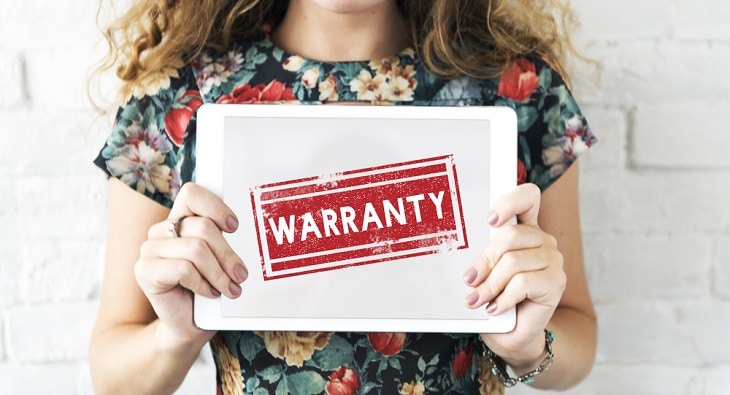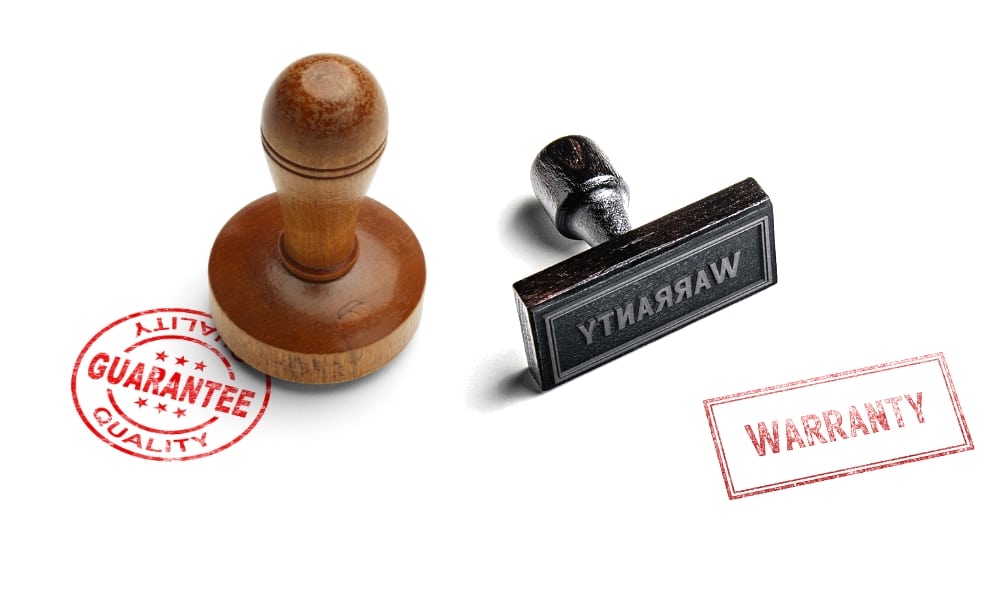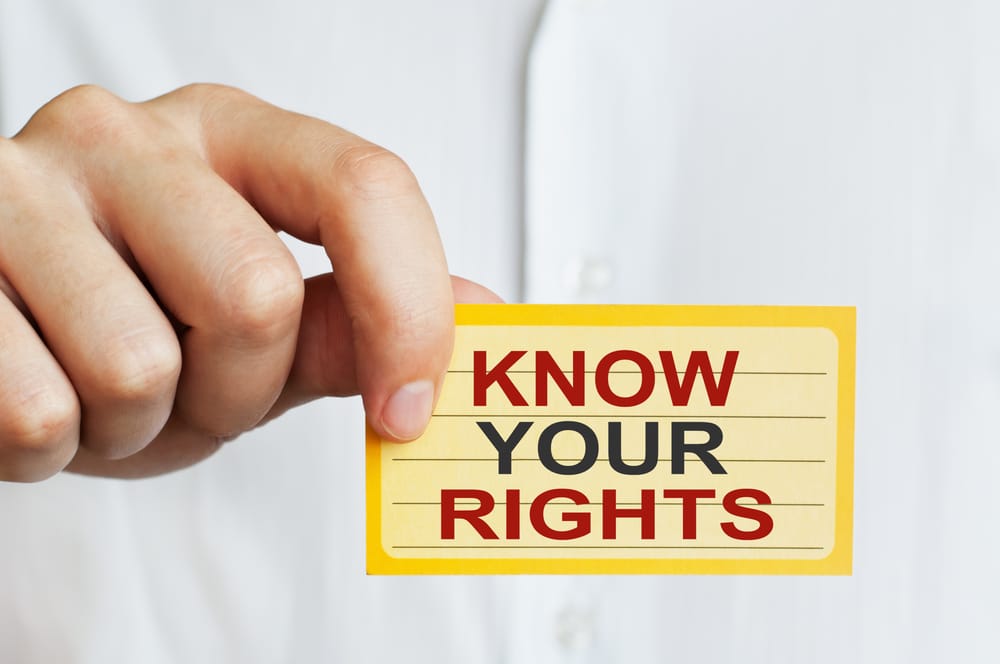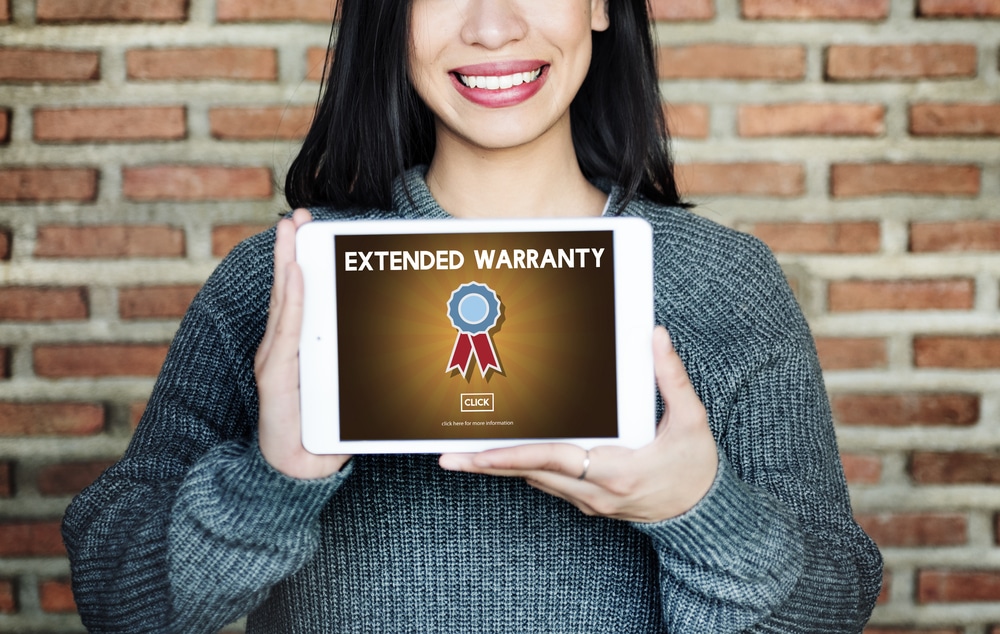Jasmine Birtles
Your money-making expert. Financial journalist, TV and radio personality.


Buying new products can be fraught with choices. Aside from choosing which makes, prices or colours you want, you have to decide if you want the guarantees and warranties offered.
So here’s our guide to the world of guarantees, warranties and your existing consumer rights if you buy a faulty product.

Guarantees are usually free and offered by the manufacturer.
They are a kind of bonus: manufacturers are not obliged to offer them and they are in addition to your normal rights.
A guarantee is a pledge about the quality of a product or service and a promise to sort out any problems that occur during the timescale specified. This could mean replacement or repair. You should have no problem working out how to claim as the paperwork has to be in clear, understandable English. Guarantees rarely offer cover in case of wear-and-tear or accidental damage.
Guarantees are often just for short periods:
Additionally, make sure you post off the addressed card you receive with your new product. If you don’t (usually within 28 days) you may find that your guarantee is invalid.
Confusingly, an extended guarantee and warranty are both a form of warranty.
Make sure to read the small print:

Guarantees are usually free anyway and provide another alternative if you experience problems with the seller.
Filling out the guarantee and sending it off is a good move as it adds to your existing rights, and gives you extra options for dealing with any problems.
Warranties provide cover for a longer period, often five years or more, so they continue to protect you long after the guarantee has expired.
The best option is a warranty backed by insurance, as then you will be protected even if the company you bought the warranty from goes bust at a later date (important point to remember when firms go into administration).
However, even without either of these, you, the consumer, are already protected when buying goods.
See below for your legal rights when a product is faulty.

According to the Consumer Rights Act 2015, any item sold in the UK must be
If it is not then it is considered faulty and you have the right to
,,,whether or not you have a guarantee or warranty.
This is also true if you have bought services or digital content. So if some software keeps going wrong or a painter and decorator does a shocking job, you can use this Act to get compensation.
Do you see why this is such an important Act to know about? Seriously, it can get you out of a lot of holes if you have paid for something that just doesn’t live up to what you would consider a normal standard.

If you have problems with the item you should do the following:
The problem with the law here is that, once you’ve had the product for some time, it becomes a rather grey area and factors such as how much you paid for it and its expected lifespan are considered. At this stage, some people turn to independent experts or mediators for help.

1. Take your item back to the shop first
2. If they won’t help, go straight to the manufacturer for a refund/replacement

Not all guarantees and warranties are the same. They come from different insurance companies and offer different levels of cover (as with most insurance policies). It’s quite likely that if you want seriously good cover you will have to pay more for it.
These are elements you should look for on the descriptions of what they cover:
If the product will have a lot of use or be used by someone heavy-handed, it may be worth getting a warranty with accidental damage cover.
This is also one of the plus points a warranty has over a guarantee and your consumer rights as you cannot usually claim for accidental damage on the latter two.
Some warranties also come with extra support services which may be of benefit. For example, a computer’s warranty may include access to a helpline or installation services.
Warranties with cashback are something else to look out for.
This means you may be able to get your money after a specified period of time without a claim. This can make the decision about whether to buy a warranty seem like a no-brainer.
Bear in mind you may have to remember to register for this when you buy the warranty and then claim the cashback at the appropriate time (and if you forget you may lose it).
Finally, warranties can often be cancelled with some refund. How much depends on the policy. Always check the terms and conditions carefully.

Do you have insurance cover already?
Some home contents insurance policies may provide cover for some items and may even include accidental damage.
Even if you don’t already have cover, a specific insurance policy bought to cover a few items may be a better option than a warranty.
Some people like to take a belt-and-braces approach to life and would prefer to cover all eventualities.
In this case, a free guarantee backed up by an insurance-backed warranty with accidental damage cover would probably suit.
On the other hand, your basic legal rights offer a substantial amount of protection on their own and with a free guarantee may be good enough for you.

Which cover to claim under can be an issue and will very much depend on individual circumstances.
The Consumer Credit Act is another source of consumer protection, and it’s handy to remember it if you have paid for something with a credit card and things go wrong.
The above only relates to credit card purchases. If you have bought with a debit card or prepaid card then it’a possible for the bank to grab the money back from the seller if you complain within 120 days of finding out there was a problem.
This can also be done if you paid with a credit card and the amount was under £100.
This is a handy thing to know for buying concert tickets, for example. If the artist suddenly has to cancel, you could get your bank to grab the money back if the promoters won’t send you a refund.
Check the terms and conditions carefully whenever you buy a product or service.
Disclaimer: MoneyMagpie is not a licensed financial advisor and therefore information found here including opinions, commentary, suggestions or strategies are for informational, entertainment or educational purposes only. This should not be considered as financial advice. Anyone thinking of investing should conduct their own due diligence.

Always useful to know this information.